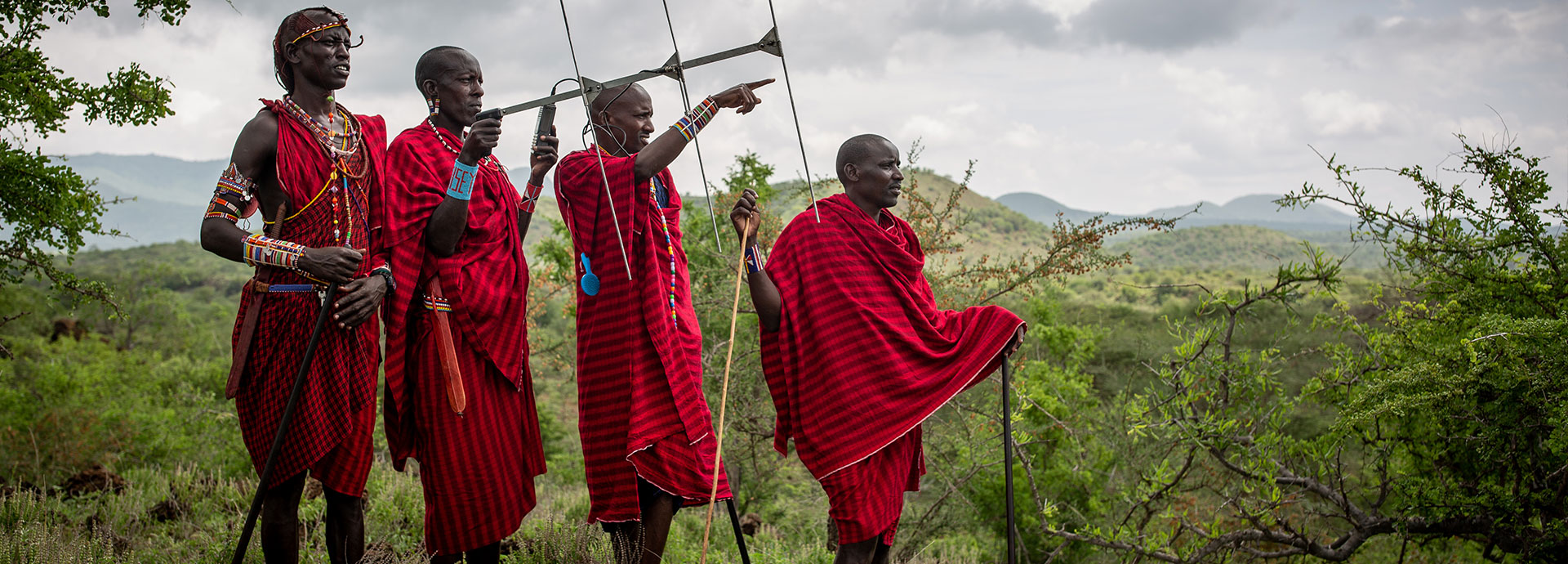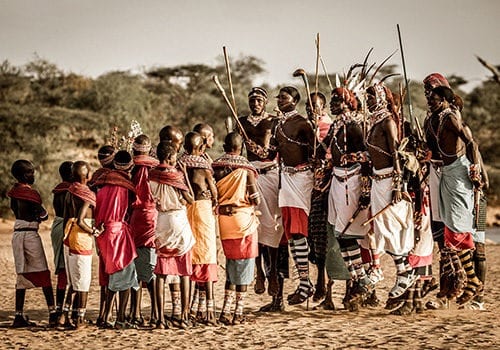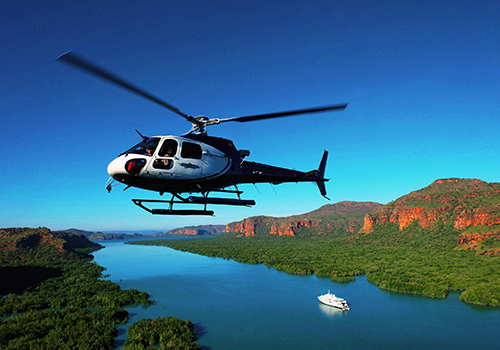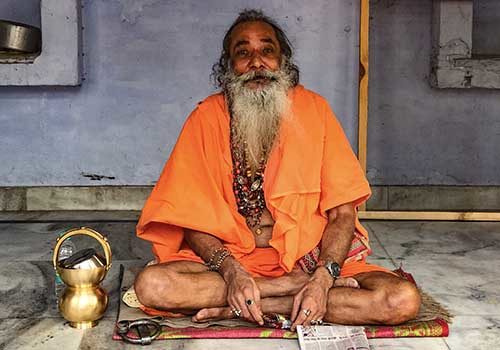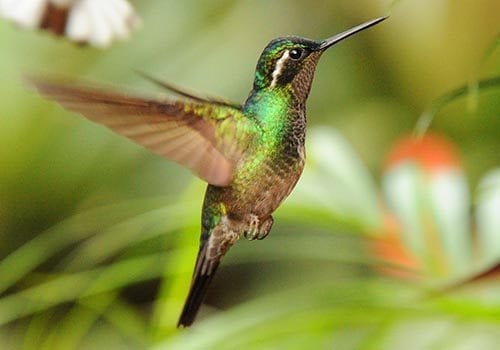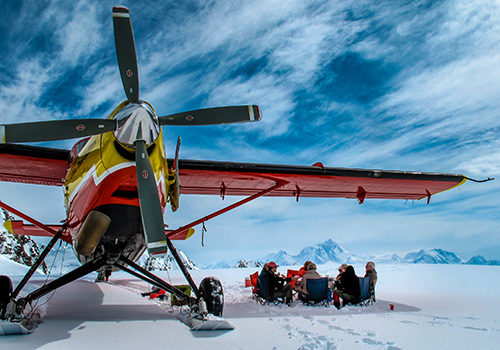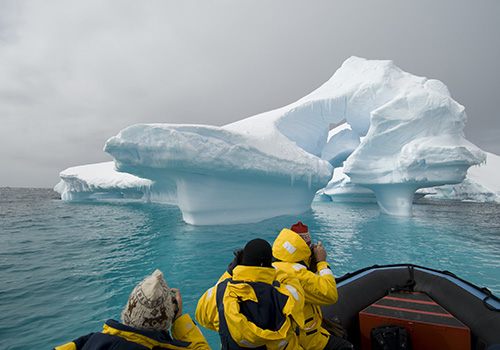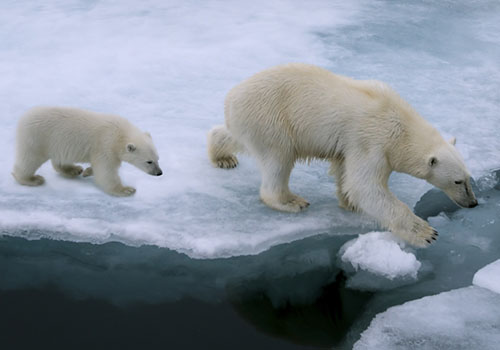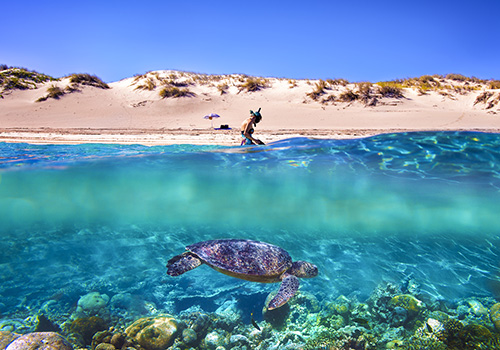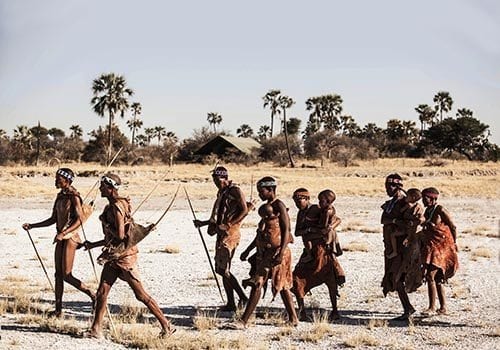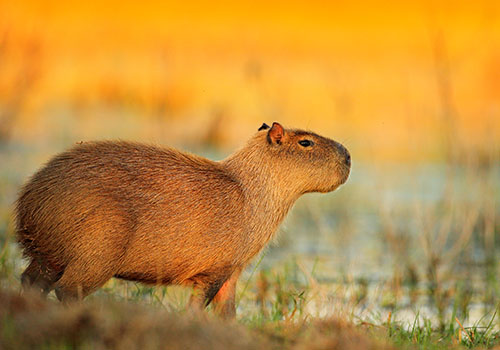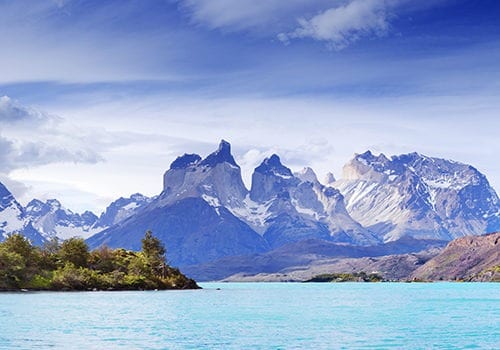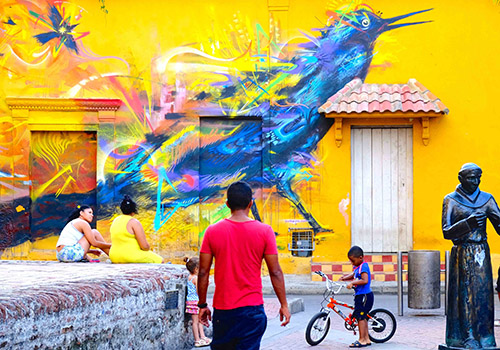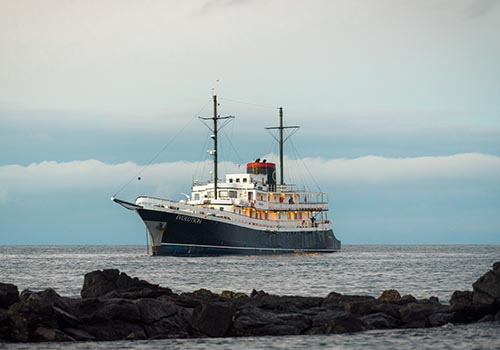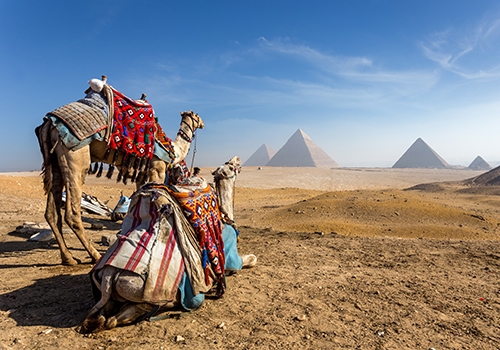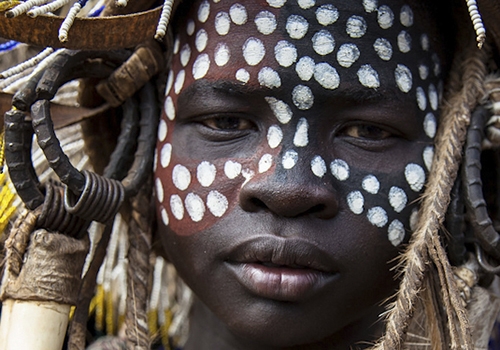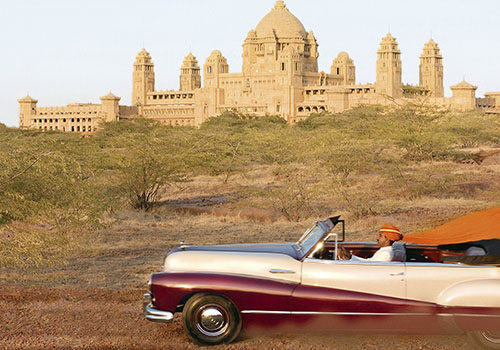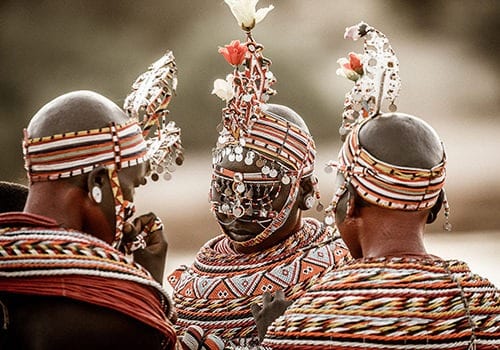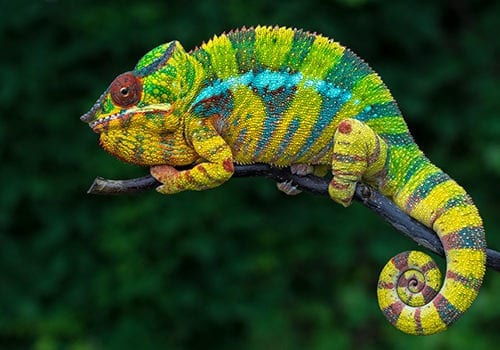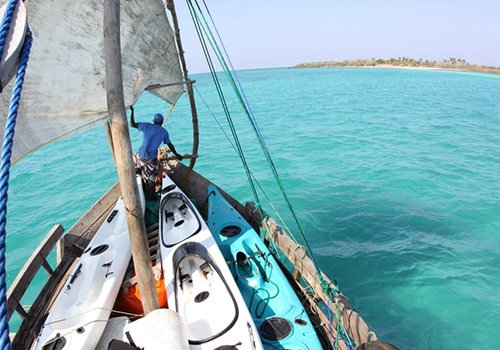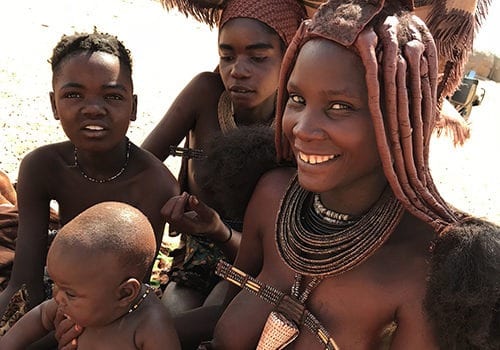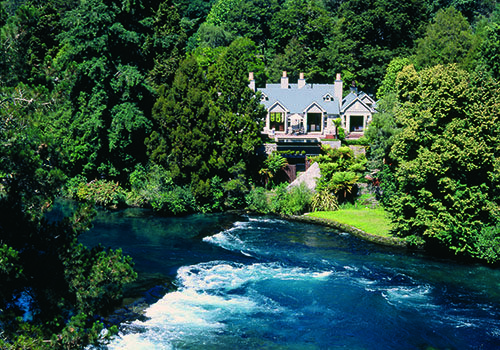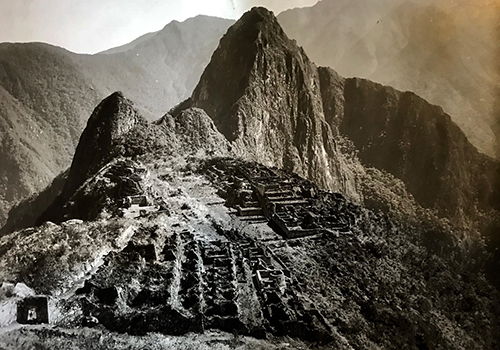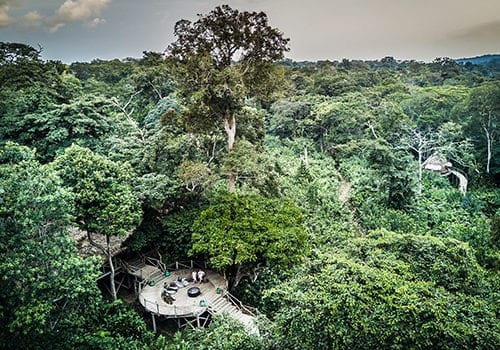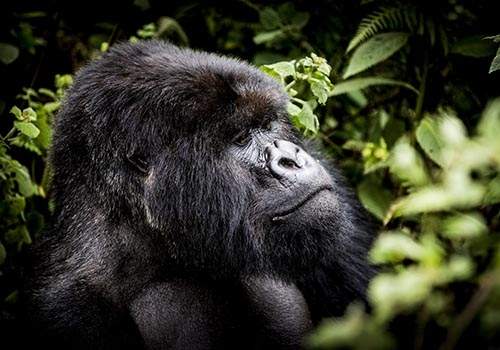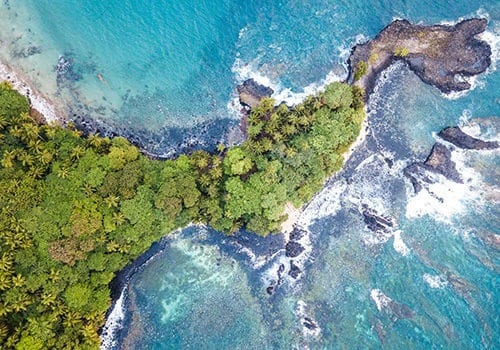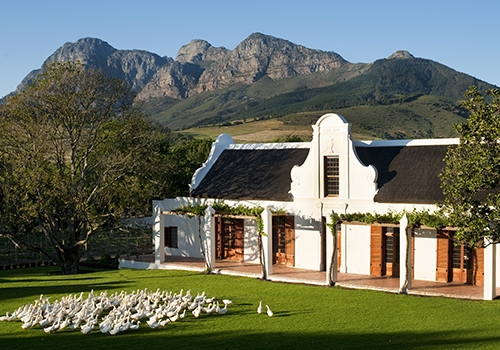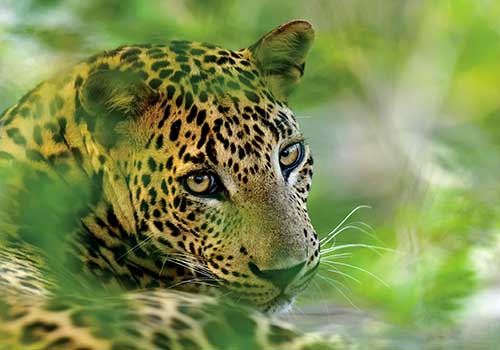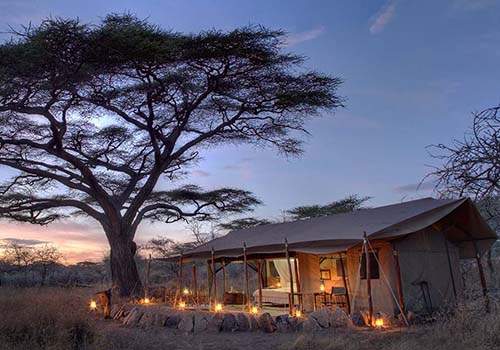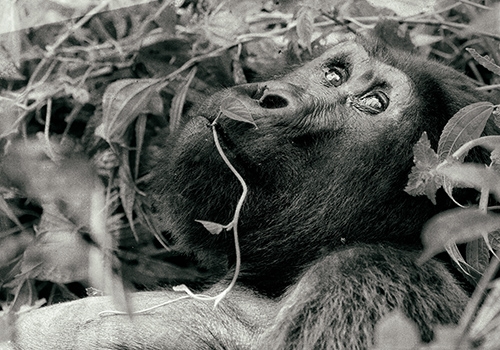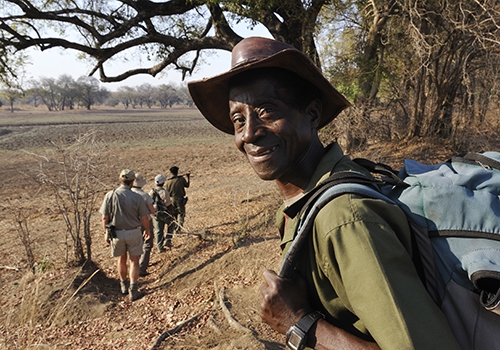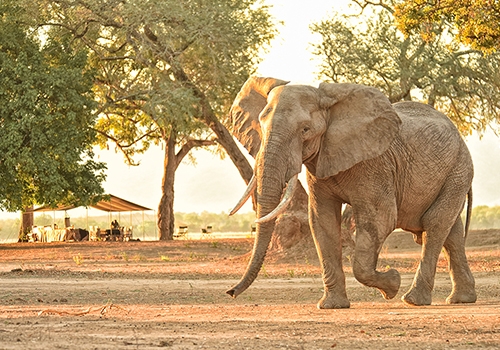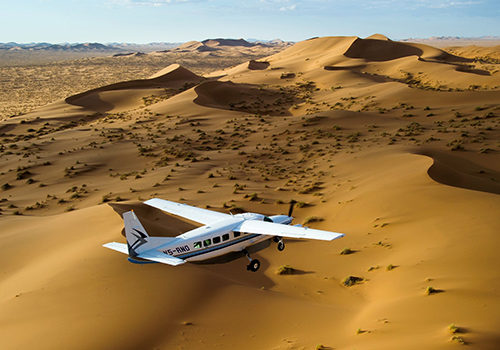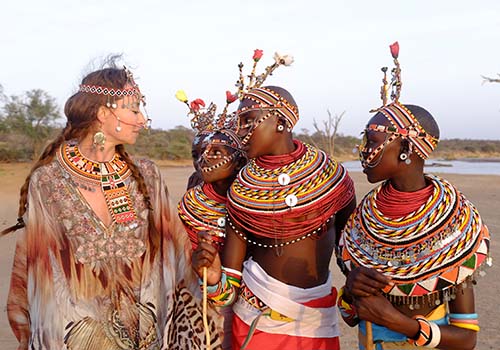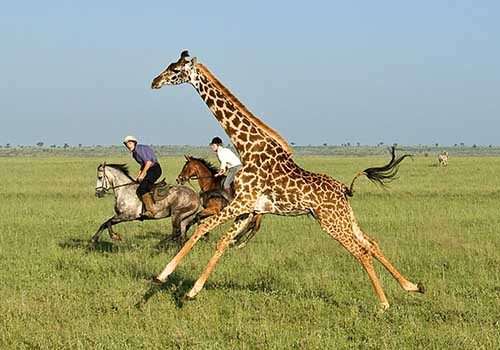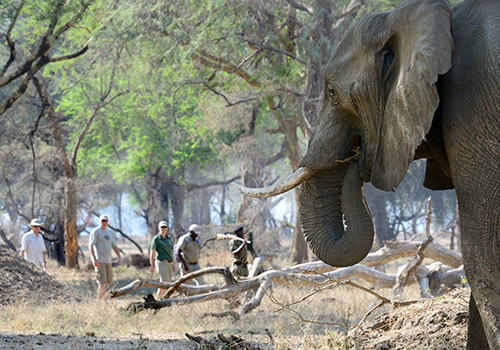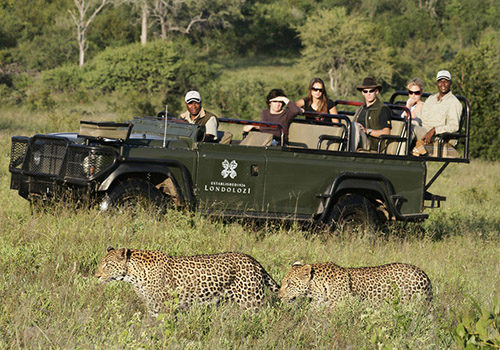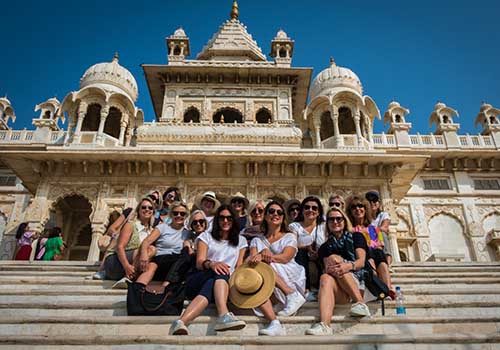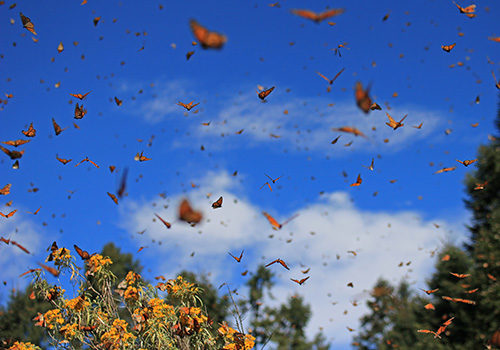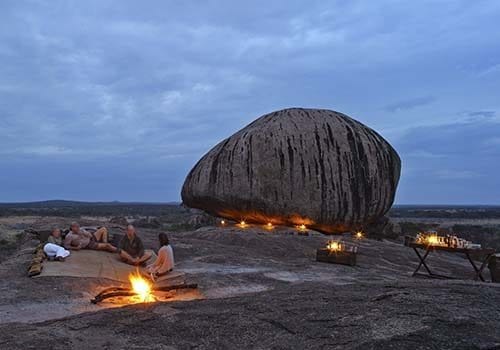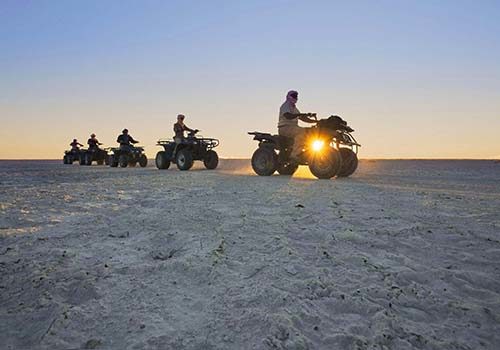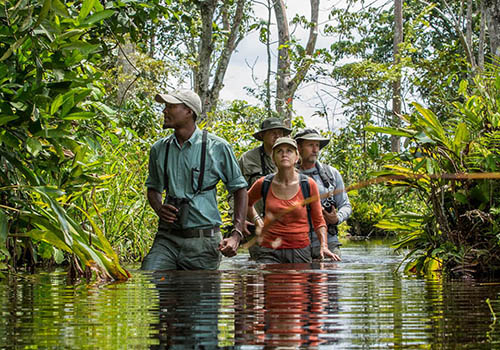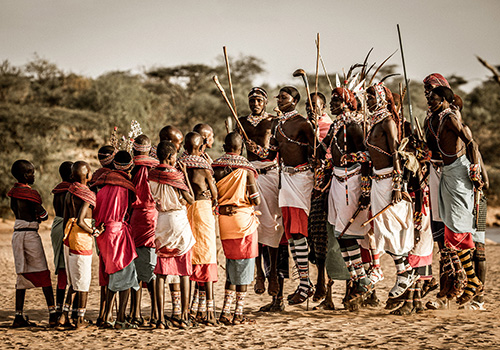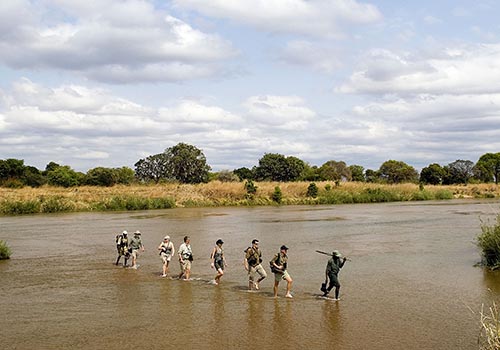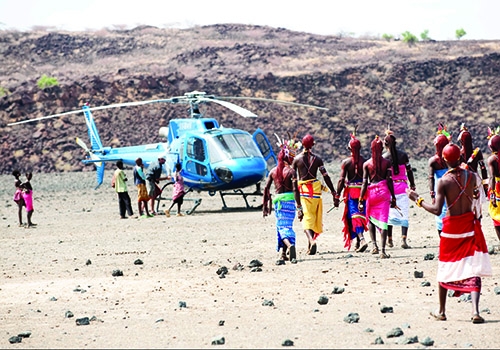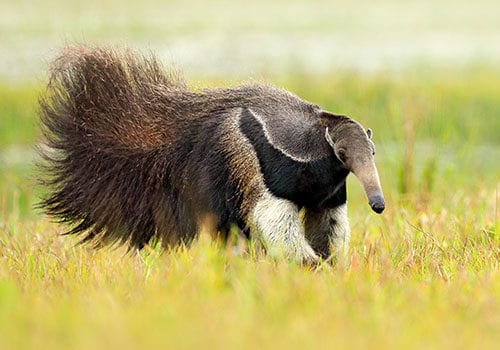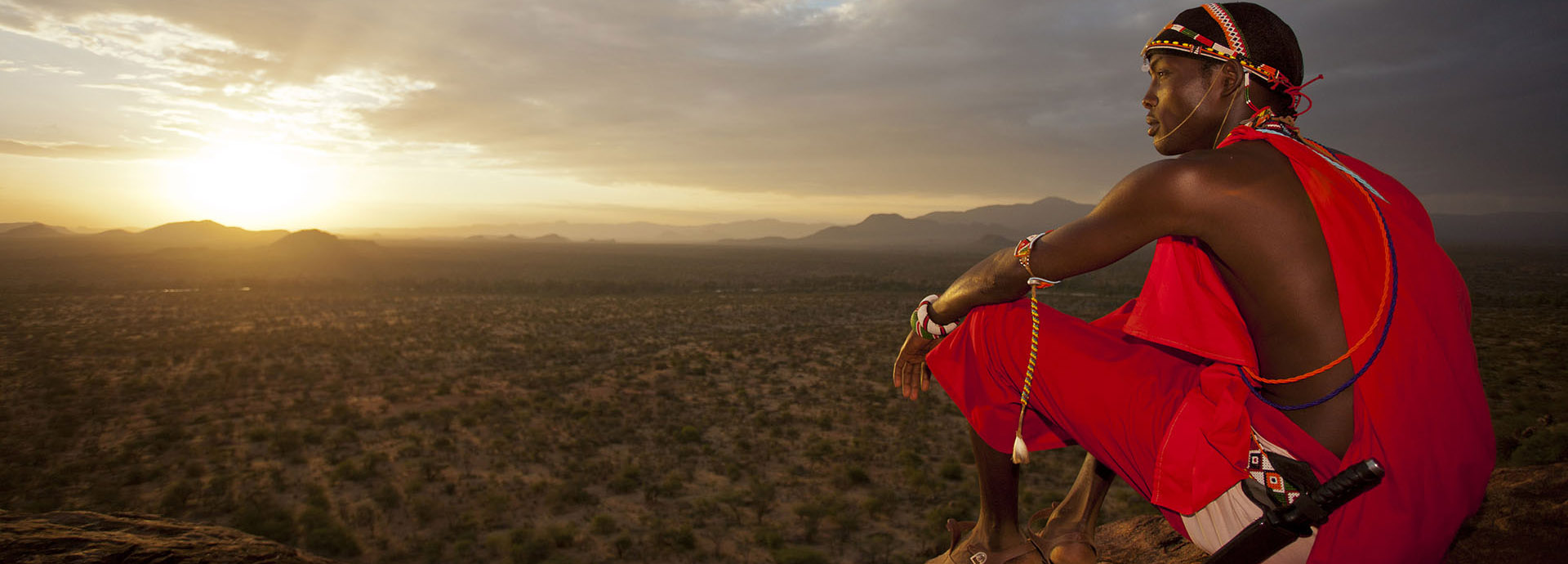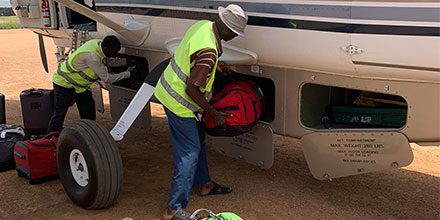
KEY INFORMATION TO PREPARE FOR YOUR JOURNEY
Lying along the Indian Ocean, and straddling the equator, Kenya is bordered by Ethiopia to the north, Somalia to the northeast, Sudan to the northwest, Tanzania to the south and Uganda to the west. Roughly the size of Spain it is home to the most diverse and colourful collection of tribal people to be found anywhere on the continent. With some of the largest and best stocked game reserves in Africa, Kenya not only offers exceptional game viewing and authentic cultural immersions, it also offers diverse and varied scenery that is simply breathtaking.
Africa is magical – full of unexpected surprises and contrasts, and your journey will offer you a delicious range of experiences. This information will assist in preparing for your departure and includes helpful travel hints for when you are there. For detailed pre-departure information for Africa on the whole please refer to our AFRICA pre-departure information.
PLEASE NOTE: All pre-departure information was correct at the time of writing, but should be used as a guide only since requirements can change at short notice and without warning. Consult Smart Traveller or contact the Kenyan High Commission or the appropriate authority prior to departure to confirm all details.
AT A GLANCE
KENYA KEY FACTS
Time: GMT +3 hours | AEST -7 hours
Capital: Nairobi
International Airport(s): JKIA – Jomo Kenyatta International Airport (NBO)
Official languages: English & Kiswahili
Religion: The predominant religion in Kenya is Christianity (85.52% of the total population), followed by Islam (11% of total population)
Electrical Current: 240V | UK 3 square pin
Currency: Kenya Shilling | KSH
Australian High Commission: Riverside Drive Nairobi | T: (+254 20) 427 7100 | E: Consular.Nairobi@dfat.gov.au | www.kenya.highcommission.gov.au
Visa: Yes – Australian & New Zealand passport holders are required to apply for an Electronic Travel Authority (eTA) online PRIOR to arrival – Kenya eTA portal – refer to ‘Passport and Visa Requirements‘ for further details.
Ramadan, the spiritual month of Islamic Religion, is celebrated by Muslims in Kenya. Ramadan corresponds to the 9th month of the Muslim calendar with the end of Ramadan culminating in Eid al-Fitr – a three day holiday and celebration. Ramadan is predominantly celebrated along the coast of Kenya and is unlikely to affect your safari.
USEFUL WEBSITES
Smart Traveller – https://www.smartraveller.gov.au/destinations/africa/kenya
Travel Doctor-TMVC – https://www.traveldoctor.com.au/destinations/kenya
Kenya High Commission – https://www.kenya.asn.au/
PUBLIC HOLIDAYS
January 1: New Year’s Day
February/March: Ramadan. Dates change annually. Upcoming Ramadan dates: 10 March – 9 April 2024 | 28 February – 30 March 2025
Friday before Easter: Good Friday
Monday after Easter: Easter Monday
May 1: Labour Day
June 1: Madaraka Day – Commemorates the day in 1963 that Kenya attained internal self rule after being a British colony since 1920
October 20: Mashujaa Day – Mashujaa is Swahili for ‘Heroes’ and this holiday commemorates the day that Jomo Kenyatta and five others were arrested for their rebellion against Kenya’s British rulers, which ultimately led to Kenya gaining independence.
December 12: Jamhuri Day -Jamhuri is the Swahili word for “republic” and the holiday officially marks the date when Kenya became a republic on 12 December 1964.
December 25: Christmas Day
December 26: Boxing Day
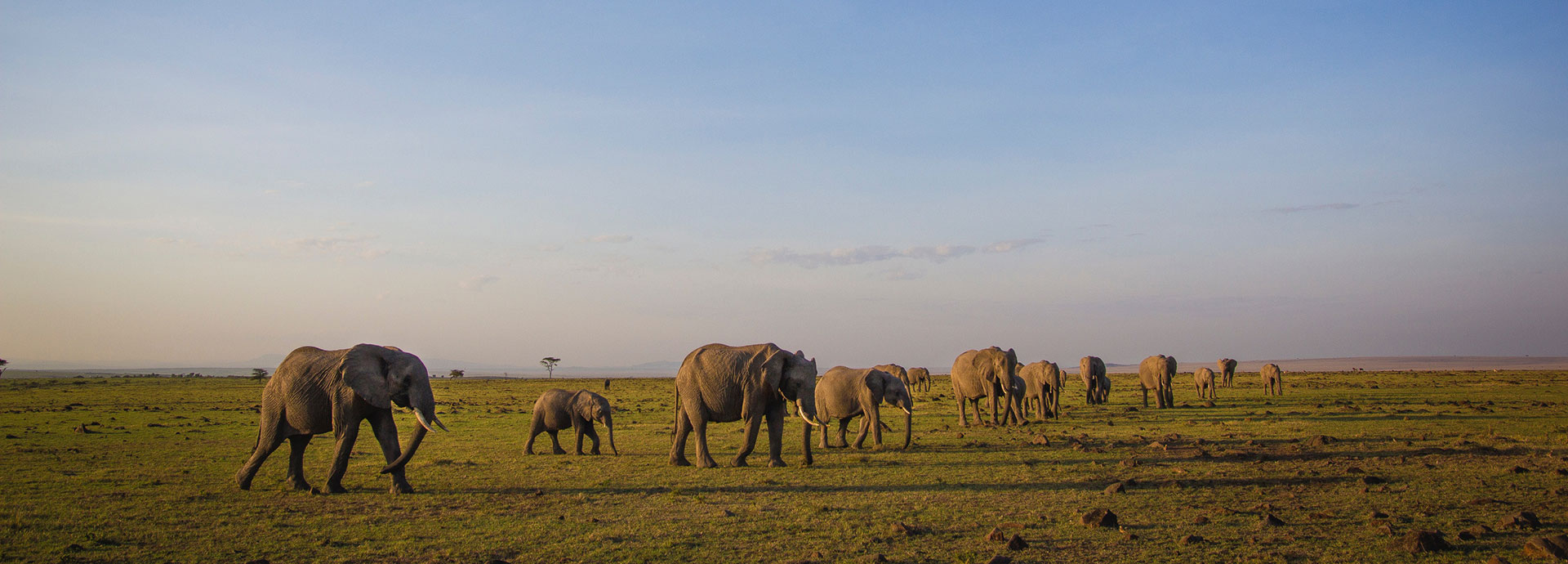
PASSPORT & VISA REQUIREMENTS
PASSPORTS
Your passport must be valid for at least six months after your return to Australia and have at least two blank pages for every entry into every country you intend to visit on your journey. If your passport does not meet these requirements you must obtain a new one. The Australian Passport Office website is www.passports.gov.au.
It is a wise precaution to carry a photocopy of your passport separately and leave a copy at home. This will aid authorities in processing a new passport should it get stolen or lost.
If you have dual citizenship and more than one passport, we strongly recommend that you use only one of these during your travels, as in some countries it is considered illegal to have two or more passports. Be sure to use the same passport on entry and exit from a country, and never surrender your passport.
If your passport name is different from your commonly used name, advise us of this and ensure your airline reservations match those of your passport name.
VISAS
Australian and New Zealand passport holders are required to apply for an online Electronic Travel Authorisation (eTA) prior to travel.
Kenya eTA is a semi-automated system that determines the eligibility of visitors to travel to Kenya. An eTA offers permission to travel and is authorised by the Government of the Republic of Kenya. An eTA does not determine whether a traveller is admissible to enter Kenya. Immigration officers will determine admissibility upon travellers’ arrival.
eTA applications must be made on the official Kenya eTA website
The application fee is US$30 per person
eTA applications for Kenya can be submitted up to 3 months prior to travel. We recommend applying sooner rather than later to ensure adequate time for authorisation.
We can provide detailed instructions for this process if required – just ask.

CLIMATE, WEATHER & SEASONS
CLIMATE
Kenya boasts one of the best climates on the African continent. Despite straddling the equator Kenya actually shares similar seasons to the southern hemisphere. However temperature fluctuations are mostly related to altitude rather than seasonality.
March, April, May and early June are known as the ‘long rains’ when torrential downpours can occur. The months of July through October are drier and cooler whilst late October brings the second rainy season, known as the ‘short rains’, which fall until the beginning of December. The short dry season then extends from mid-December to March with hot, rainless weather.
If you are travelling during the wet seasons you will almost certainly be treated to unexpected and exciting wildlife encounters, uncrowded game reserves & quite possibly a good deal of sunshine. During the drier months game viewing tends to be more reliable but it is also a busier time in terms of other tourists. It is worth noting that it can rain during any month and, with changing global weather patterns, predicting the actual weather for specific dates is becoming increasingly difficult. You should therefore pack with this in mind.
KEY SEASONS
- March to June: Long rains
- July to October: Peak season
- Migration: Herds are generally in the Maasai Mara from July to September
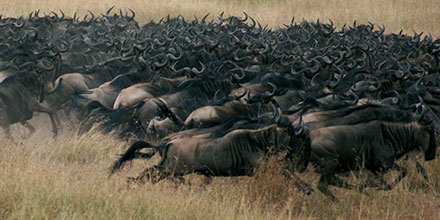
| AMBOSELI | JAN | FEB | MAR | APR | MAY | JUN | JUL | AUG | SEP | OCT | NOV | DEC |
|---|---|---|---|---|---|---|---|---|---|---|---|---|
| Temperature (°C) | 13-27 | 13-28 | 14-26 | 15-25 | 14-23 | 12-21 | 11-21 | 12-22 | 12-24 | 13-26 | 14-27 | 13-27 |
| Rainfall (mm) | 50-100 | 100-150 | 100-150 | 200-250 | 100-150 | 0-50 | 0-50 | 0-50 | 0-50 | 50-100 | 100-150 | 100-150 |
| NAIROBI | JAN | FEB | MAR | APR | MAY | JUN | JUL | AUG | SEP | OCT | NOV | DEC |
|---|---|---|---|---|---|---|---|---|---|---|---|---|
| Temperature (°C) | 12-25 | 13-26 | 14-25 | 14-24 | 13-22 | 12-21 | 11-21 | 11-24 | 13-24 | 13-23 | 13-23 | 13-23 |
| Rainfall (mm) | 0-50 | 50-100 | 100-150 | 200-250 | 150-200 | 0-50 | 0-50 | 0-50 | 0-50 | 50-100 | 100-250 | 50-100 |
| MAASAI MARA | JAN | FEB | MAR | APR | MAY | JUN | JUL | AUG | SEP | OCT | NOV | DEC |
|---|---|---|---|---|---|---|---|---|---|---|---|---|
| Temperature (°C) | 8-26 | 8-27 | 9-26 | 11-26 | 11-23 | 8-22 | 8-22 | 8-23 | 7-24 | 9-26 | 9-26 | 8-26 |
| Rainfall (mm) | 50-100 | 100-150 | 100-150 | 100-150 | 0-50 | 0-50 | 0-50 | 0-50 | 0 | 0-50 | 100-150 | 0-50 |
| SAMBURU | JAN | FEB | MAR | APR | MAY | JUN | JUL | AUG | SEP | OCT | NOV | DEC |
|---|---|---|---|---|---|---|---|---|---|---|---|---|
| Temperature (°C) | 15-33 | 16-34 | 17-34 | 17-33 | 16-32 | 15-32 | 15-31 | 15-32 | 15-33 | 16-33 | 16-31 | 15-31 |
| Rainfall (mm) | 0 | 0 | 0-50 | 50-100 | 0-50 | 0 | 0 | 0 | 0 | 0-50 | 100-150 | 0-50 |
LUGGAGE & PACKING
LUGGAGE
Charter flight companies and some safari operators impose strict luggage restrictions.
The maximum luggage weight specific to your journey is 15 kgs including camera equipment and hand luggage for travel through Kenya. Your bags must be soft-shelled and malleable and not exceed the maximum dimensions of 55cm x 35cm x 25cm.
If your luggage does not meet the criteria the charter companies will either leave your luggage behind, charge you for an extra seat onboard the aircraft (if one is available) or charter your bags separately at your cost. The charter planes have restricted space onboard, and, above all, the regulations are in place for your safety.
And if you are wondering how to pack everything in and keep it under 15kgs read our blog – How to pack for a safari and keep it under 15kg
For further information on luggage and what to wear refer to our main Africa pre-departure information.
CHARTER FLIGHTS
The luggage storage on many charter flights across Africa looks like this:
The weight limit is a strict safety requirement to ensure the balance and carrying capacity of small aircraft.
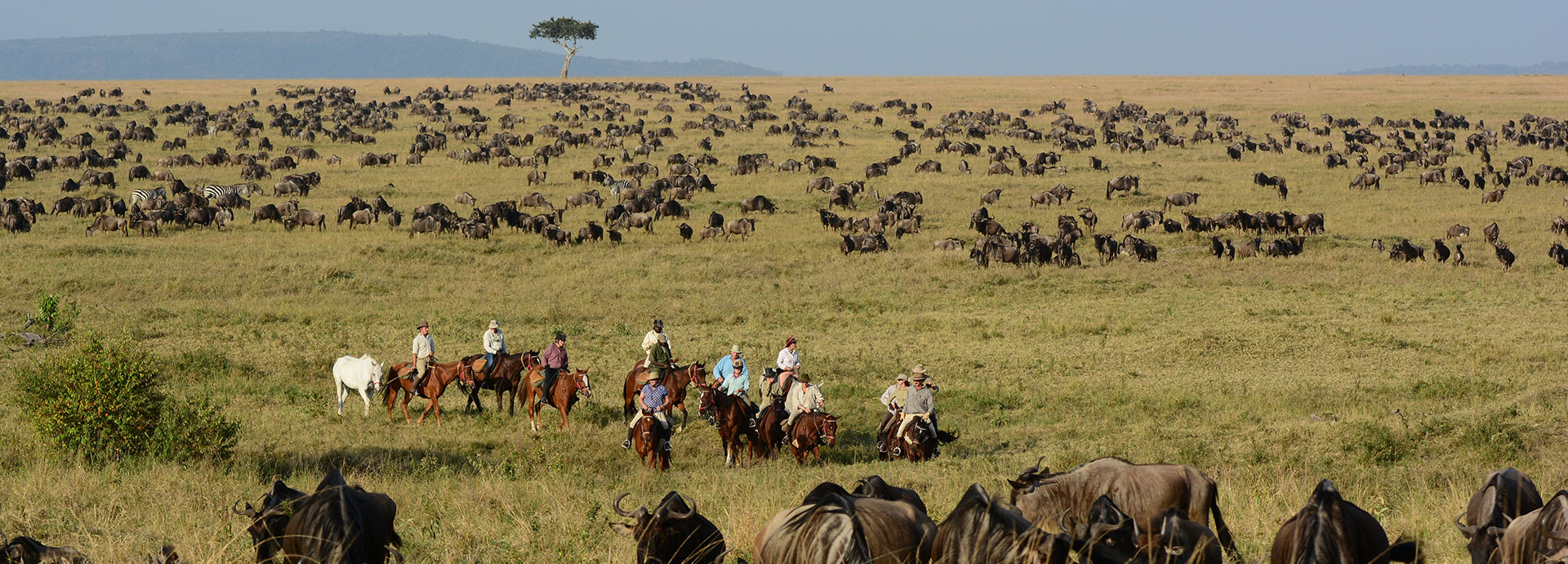
HEALTH & VACCINATIONS
VACCINATIONS
It may be necessary to take medical precaution prior to, and whilst travelling. As we are not qualified to offer advice, we recommend you contact your GP or the Travel Doctor-TMVC who have the most up‐to-date information available. Requirements are highly personal depending on your health profile and the activities in your itinerary. Some vaccinations must be given well in advance of travel, so we suggest seeking medical advice as soon as you start to plan your trip. Be sure to ask what vaccinations or medications may be required to enter Kenya and to re-enter Australia.
You can also refer to SmartTraveller for a guide as to what may be required, however you should always seek professional medical advice before travelling.
YELLOW FEVER : Vaccinations are compulsory for entry into Kenya. Proof of Yellow Fever inoculation is also required for entry into other African countries after visiting Kenya and for re-entry into Australia, if you have been to an area where Yellow Fever exists (this includes airport transfers of more than 12 hours). Speak to your GP or a travel doctor about this.
For further information on health and vaccinations please refer to our main Africa pre-departure information.
INSURANCE & AMREF or RESCUE.CO FLYING DOCTORS
You should ensure you have comprehensive travel insurance before you leave for any destination. When travelling in East Africa with The Classic Safari Company you will additionally have AMREF or Rescue.co cover.
WHAT IS AMREF or RESCUE.CO FLYING DOCTORS COVER FOR?
AMREF and Rescue.co offer a 24hr emergency contact centre, the best in‐flight care and equipment, the fastest response times and are considered the most reliable. As many of safari camps and lodges in East Africa are located in extremely remote areas it is imperative that, in the unfortunate case of a medical emergency, you are able to reach a well-equipped hospital fast, with expert care en route. And that is where AMREF or Rescue.co step in.
Whilst most good travel insurance policies will include medical evacuation cover, inevitably emergencies arise out of hours , and there are often delays whilst (mandatory) authority is sought from your chosen international medical insurer. This can mean the difference between life and death. As a result most, if not all, safari operators will not accept clients on any of their itineraries, or in their camps or lodges, who are not covered for medical evacuation by a flying doctor membership, regardless of whether your travel insurance policy also covers this. The cost for AMREF or Rescue.co cover is therefore automatically included in the cost of your itinerary designed and booked by The Classic Safari Company.
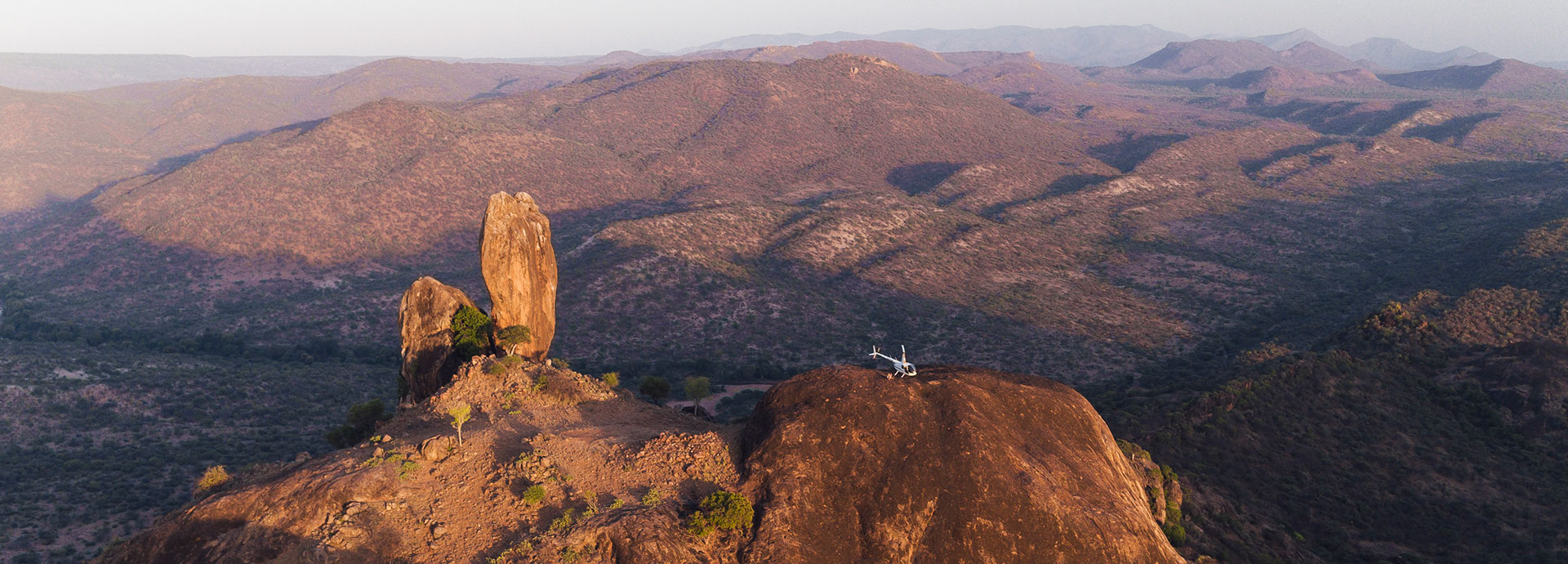
MONEY MATTERS
CURRENCY AND EXCHANGE
Kenya’s currency is the Kenyan Shilling (KSH), which is divided into 100 cents. Australian dollars cannot be exchanged for Kenyan Shillings so therefore it is recommended you travel with US dollars or Euro. Money can be exchanged at banks, at a Bureau de Change and often in larger hotels.
It’s best to take a mixture of money – credit card, debit card or travel cash card, plus cash just in case. Small denominations of USD or EURO are advisable – especially for tipping. If all else fails, have someone you can depend on who will make an emergency transfer of funds. USD is widely accepted and often preferred to KSH so we recommend travelling with plenty of USD.
ATM machines are available in most cities & towns, are NOT widely available beyond that so do rely on these as your sole source of funds. Please be vigilant if you do withdraw cash.
Major international credit cards such as Visa and Mastercard are widely accepted. AMEX is not popular and in some instances is not accepted at all. Please note that you need to take your physical credit card, and you need to know your PIN number, as not all places will allow you to ‘tap’. In some cases you may also be asked to sign.
It is recommended that you DO NOT change money on the black market as you are more likely to receive a lower rate of exchange or fake notes.
TELL YOUR BANK
We highly recommend you advise your bank of your destinations and travel dates. This should prevent any of your transactions being deemed as ‘out of the ordinary’ (and possibly stopped) due to their unexpected location.

POWER, TECH & PHOTOGRAPHY
POWER
The voltage in Kenya is 240 Volts. Australia operates a 220V currency and therefore you only require an adapter to use Australian appliances in Kenya. If you wish to use any electronic devices from Canada, the US or Japan you’ll need a voltage converter AND a plug adapter.
The adaptor you will need for Kenya is a TYPE G – three square pins, or alternatively, you may prefer to invest in an International Travel Adaptor that provides you with more than one option.
Many adaptors also have a USB port so you can plug your smartphone, or i‐device directly into the adaptor.
For the latest & most up-to-date information about voltage and what adaptors to travel with refer to: www.korjo.com
ADAPTORS
Kenya uses a 240V electrical current and a type G socket (UK 3 square pin)

